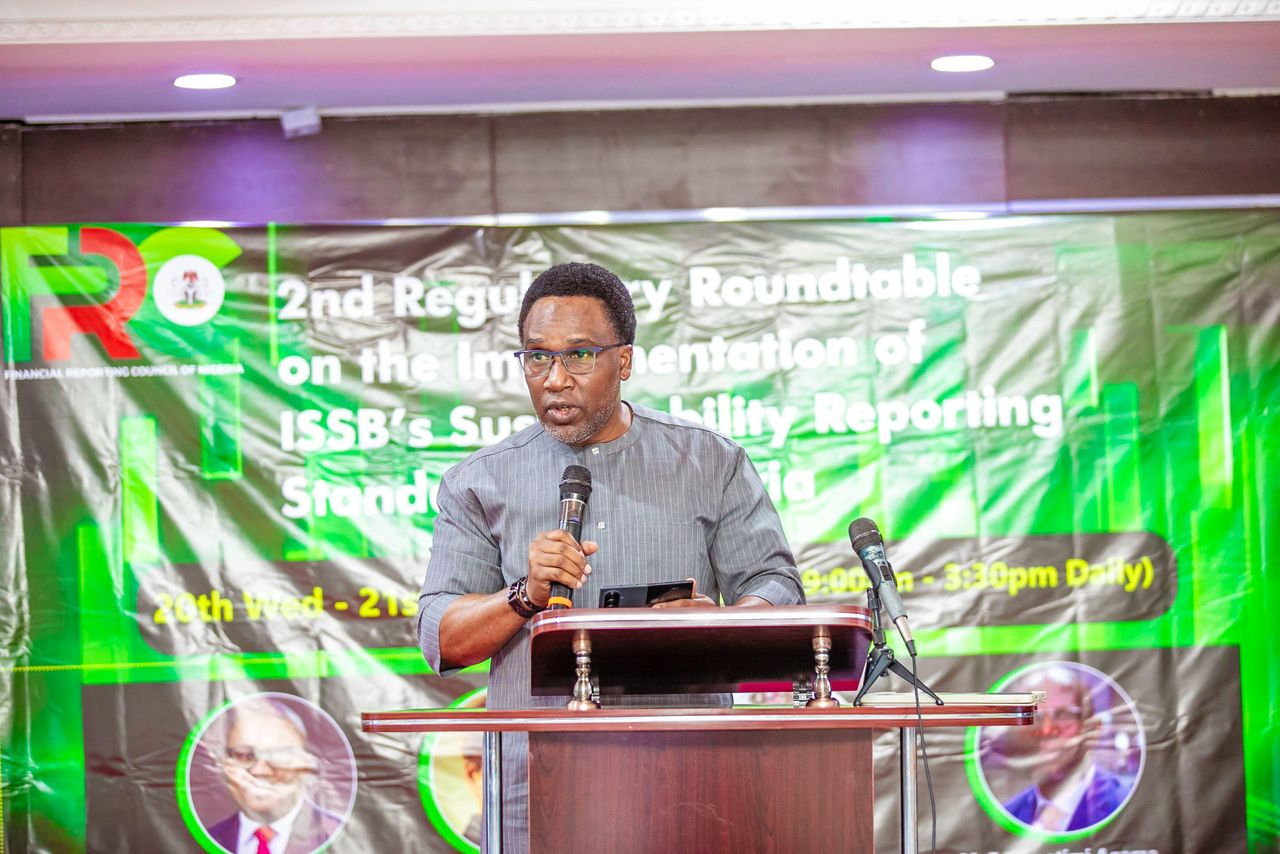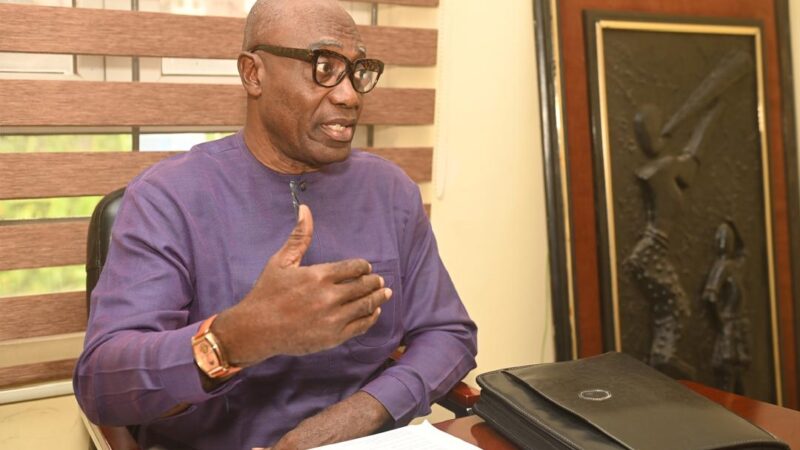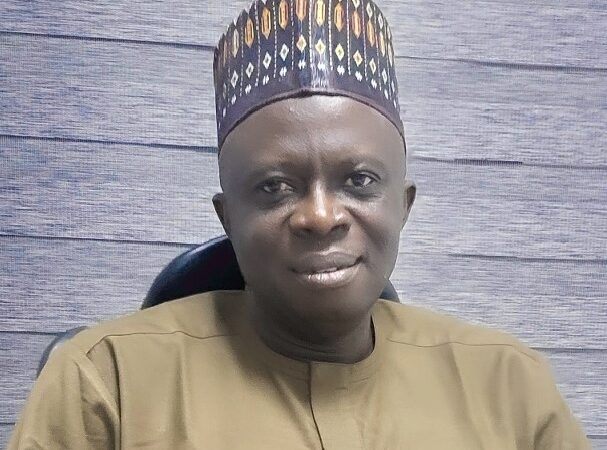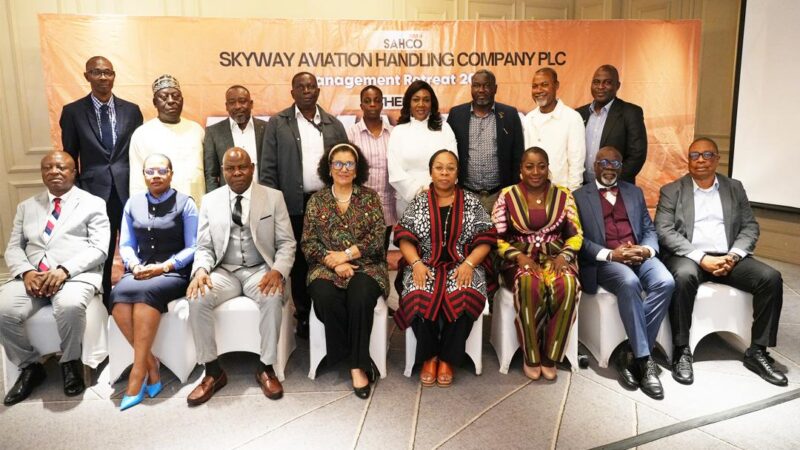NiMet DG Anosike Calls for Climate Risk Integration in Sustainability Reporting

The Director-General and Chief Executive Officer of the Nigerian Meteorological Agency (NiMet), Professor Charles Anosike, has stressed the need for climate-related risks to be fully embedded into corporate sustainability reporting frameworks in Nigeria.
Prof. Anosike made the call on Wednesday, 20th August, during the 2nd Regulatory Roundtable on the Implementation of the International Sustainability Standards Board’s (ISSB) Sustainability Reporting Standards, organised by the Financial Reporting Council (FRC) of Nigeria.
Delivering his goodwill message, the NiMet boss commended the FRC’s leadership under its Executive Secretary/CEO, Dr. Rabiu Olowo, for driving national awareness on sustainability disclosures at a time when climate risks are increasingly reshaping economies and business operations.
“In this era of climate change, sustainability reporting is evolving to encompass climate risk as a core element, demanding greater transparency and accountability from companies regarding their climate-related impacts and strategies,” Prof. Anosike said.
He further explained that climate change presents two major categories of risks: physical risks, such as extreme weather events, and transition risks, including shifts in policies and technologies. Both, he noted, have the potential to significantly affect financial performance and long-term business viability.
Highlighting one of the pressing challenges for companies, Prof. Anosike pointed to the difficulty in collecting and verifying reliable data. He pledged NiMet’s commitment to work closely with the FRC and other stakeholders to provide access to accurate climate data.
According to him, such collaboration would ensure that climate considerations are not only acknowledged but also integrated into strategic decision-making across Nigeria’s economy.
The ISSB’s sustainability reporting standards offer a comprehensive framework for companies to disclose sustainability-related issues across governance, strategy, risk management, and metrics and targets. The standards also provide detailed guidance for reporting on climate-related risks and opportunities.
Nigeria is among 30 jurisdictions globally – representing 57% of world GDP and contributing more than 50% of greenhouse gas emissions – that have adopted or are preparing to implement ISSB Standards.
The roundtable also featured the participation of Dr. Ndidi Nnoli-Edozien, a member of the ISSB Board, among other key stakeholders.







